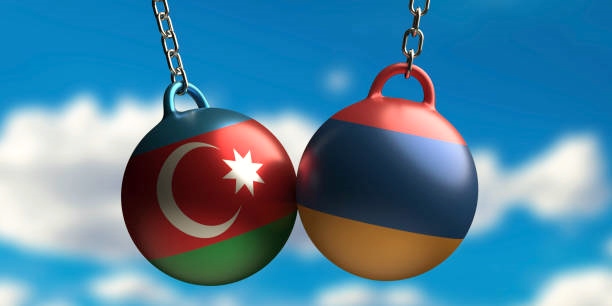
The Nagorno-Karabakh conflict is becoming a more complex issue day by day. It is becoming more apparent through the Karabakh conflict how conflicts can be managed through hybrid war tactics and how frightening the power of post-truth is in the new world order. It is possible to say that baseless claims have found resonated in the public opinion at the international level, especially with the help of countries such as France.
The wind that was blowing against Armenia in the first days of Azerbaijan’s operations seems to have slowed down for now. At the same time, it does not seem that Armenia has the full support of Russia. Despite humanitarian truce having been declared twice, the fact that Russia did not take any decisive steps to establish a permanent ceasefire environment weakens Armenia's hopes in Nagorno-Karabakh. As the world’s agenda gets busier, the Minsk co-chairs (Russia, France, and the US) are being forced to juggle more and more issues. Meanwhile, by continuing to give its full support to Azerbaijan, Turkey is reminding Azerbaijan that it is not alone.
Nagorno-Karabakh v3.0
Since the beginning of the clashes with Azerbaijan, Armenia and the illegitimate Armenian administration in Nagorno-Karabakh have created tremendous amount disinformation in the international arena through various accusations. Much speculation has been made especially on Turkey’s role in the region. In fact, the basis of this policy had already begun to be established even before Tovuz skirmishes. It was seen that - Prime Minister of Armenia Nikol Pashinyan followed the same post-truth strategy in the open debate with President of Azerbaijan İlham Aliyev during the Munich Security Conference. Likewise, after the Tovuz attack, delusive claims such as there being no country named Azerbaijan anymore because it was seized by Turkey[1] begin to be published in the domestic media in Armenia. It is possible to say that it was aimed to create the perception of the “Archenemy Turkey” and to prepare the public for “war”. As a matter of fact, Armenian politicians have continued to express similar points in many countries they have visited.
After the last clashes in Nagorno-Karabakh started, it was seen that a similar line was adopted in Armenia's discourses. The perception of “genocide” that had been created by Armenian lobbies through much effort in the public opinion at an international level has also begun to be used. The press was supplied with “reports” that Turkey is sending jihadist militants to Azerbaijan and that these militants are persecuting the Armenian people. At this point, France acting as the spokesperson of Armenia in Europe had a significant effect. This perception that has been created has once again demonstrated the validity of the concept of post-truth. Despite being untrue, the fake news spread by Armenia has managed to make an impact in the public opinion at the international level.
As the clashes dragged on, these policies implemented by Armenia have distracted public opinion Azerbaijan’s just cause and have caused the perception that the problem is between Turkey-Armenia. The operation that was launched against the separatist Armenian regime in the occupied territories of Azerbaijan began to be presented as a clash of civilizations. In this respect, the description of “the first Christian state in history” has begun to be added next to the name of Armenia. By this way, it was aimed to create the perception that there is a Muslim persecution against Christian people instead of a war against the separatist regime in Nagorno-Karabakh. Especially the allegations that a church in Shusha city of Nagorno-Karabakh was bombed by Azerbaijan has become an example frequently used to strengthen this perception. In this respect, Armenia has mostly benefited from Islamophobia and Turcophobia that are rising in the West.
On the other hand, the efforts to make use of the perception of the 1915 events through Armenian lobbies show that Armenia is putting all the cards in its hands on the table. A campaign has been launched for the recognition of the independence of the separatist regime in Nagorno-Karabakh in order to “prevent the persecution in Nagorno-Karabakh and the massacre of the Armenian people.” In this context, diaspora organizations were called on to apply pressure to governments in their countries. Armenians living in the diaspora in many countries took to the streets and chanted “Recognize Artsakh [Nagorno-Karabakh]”.
Despite this call not get a full support at a state level, it was still quite remarkable that this issue was proposed in the US House of Representatives[2] and in the French Parliament[3]. Expressing his opposition to this proposal, French Minister of Foreign Affairs Jean-Yves Le Drian said that France should maintain its neutrality as the co-chair of the Organization for Security and Co-operation in Europe (OSCE) Minsk Group[4]. As the French Minister of Foreign Affairs also stated, France should adhere to the principle of equality and impartiality as co-chair, according to the authorization text adopted in 1995 by the OSCE Minsk Co-Presidency Group[5]. These principles must be followed by all co-chairs. However, it has been seen many times in the process we are in that France, especially President of France Emmanuel Macron, has violated this neutrality. Apart from the supportive decisions of the French parliament, news continues to come that the city councils of France have decided to recognize the independence of Nagorno-Karabakh[6]. It can be easily seen that central and local governments of France have lost their neutrality.
Russia as “Primus inter Pares”
In this environment, we see that Russia stands out more than the other co-chairs. France's support to Armenia continues to remain limited and physically distant under the current pandemic conditions. It is Russia who is trying to keep the process under control on behalf of the OSCE.
In the Russian media, it is frequently being expressed that Russia should be the only authorized mediator in the Nagorno-Karabakh issue. However, the fragility of the truces announced under the leadership of Russia does not give the impression that enough effort is being made.
According to the international law practices, under humanitarian truce regime, parties should stop clashes for a certain period, and exchange prisoners and the remains of fallen soldiers and civilians. However, truces announced on October 10 and October 18 show that this is not being followed. In the text released by Russian Minister of Foreign Affairs Sergey Lavrov on October 10, it is stated that the humanitarian ceasefire will only be based on the criteria of the International Red Cross committee, but no time limit is given.
In such uncertainty, it was not surprising that the truce fell apart within hours of its implementation. Immediately after the truce, the ammunition-laden vehicles of the Spayka Company, which belongs to former President of Armenia Serzh Sargsyan's son-in-law, were caught on the Georgian border[7]. It is also being reported in the press that Georgia shows no tolerance on this issue[8]. In addition, on the night of October 10 when the truce was in effect, missile attacks were carried out against Azerbaijan by Armenia. Even though the Armenian side pointed to Azerbaijan as the side to violate the ceasefire regime first, the current situation shows the opposite.
Organizing a large-scale attack on the city of Ganja, where civilian population lives, is completely against the conditions of ceasefire and the laws of war. In fact, the attacks on Ganja and Terter are closely related to the “7 principles” doctrine announced by the “Security Council” of the separatist regime in Nagorno-Karabakh on 5 September. According to this doctrine, it is stated that “… the war can be carried to the territory of Azerbaijan.” A counter-attack tactic was adopted against the operation launched by Azerbaijan in Nagorno-Karabakh, the aim being to spread the war to a wider area, to create fear behind the front, and most importantly, to call international forces to the region.
In the press, this situation was interpreted as a tactic to be used to provoke Azerbaijan to attack Armenian lands and to thus draw in the Collective Security Treaty Organization (CSTO) to the clashes. Of course, this was not a weak possibility. However, President of Russia Vladimir Putin stated that Nagorno-Karabakh is not within the scope of CSTO[9]. This indicates that Russia is not motivated enough to help Armenia yet.
While emphasizing Russia’s historical, military, and commercial ties with Armenia on the one hand, Putin’s statement that Russia stands equidistant to both Azerbaijan and Armenia[10] on the other hand points to important matters[11]. It seems that Russia’s resentment against the Pashinyan government will not fade easily and, as we have mentioned before, it will not easily forgive the Pashinyan government’s pivot to France and the West.
The impact of the conflict on domestic politics
It seems that Pashinyan’s loss of Karabakh will lead him to be completely erased from politics. In particular, he will suffer a heavy defeat against former presidents Robert Kocharyan and Serzh Sargsyan, from whom he grabbed power and whom he criticized by calling them the Karabakh clan. However, there is no sympathy for either Kocharyan or Sargsyan within the country. There is an overwhelming view that the war is being lost due to the corruption by the former rulers and the establishment of an army system based on old Russian weapons. The Kocharyan and Sargsyan governments are seen as the reason behind this situation. Although Kocharyan and Sargsyan went to Nagorno-Karabakh in the first days of the clashes and have been following the clashes closely, they have not been able to win the support of the people. The fact that the situation progressing to Armenia’s detriment affects their political future as much as Pashinyan’s future.
Therefore, it seems that Pashinyan's fall from power may cause Armenia to drift into political instability. For Russia, there is a risk that this situation may further fuel anti-Russian opposition. For Russia, it seems more advantageous for Pashinyan to stay in power for a while.
Where will the peacekeeping force be deployed?
b.jpg) In the current conjuncture, Armenia has come to a point where it looks in favor of the peacekeeping force proposal offered by Russia. The most important factor in Pashinyan's acceptance of the idea of a peacekeeping force was that the Azerbaijani army reached Khudaferin Bridge and completely captured the border between Iran and Nagorno-Karabakh in the following days. In this process, bilateral contacts with Moscow did not produce the desired result and the expected support from the North Atlantic Treaty Organization (NATO) could not be obtained[12]. President of Armenia Armen Sarkissian’s claims on the Turkish attacks on Armenia expressed during the meeting with NATO Secretary General Jens Stoltenberg failed to elicit the desired response. Stoltenberg stated that NATO is not a party in the Nagorno-Karabakh conflict and it supports the current OSCE format.
In the current conjuncture, Armenia has come to a point where it looks in favor of the peacekeeping force proposal offered by Russia. The most important factor in Pashinyan's acceptance of the idea of a peacekeeping force was that the Azerbaijani army reached Khudaferin Bridge and completely captured the border between Iran and Nagorno-Karabakh in the following days. In this process, bilateral contacts with Moscow did not produce the desired result and the expected support from the North Atlantic Treaty Organization (NATO) could not be obtained[12]. President of Armenia Armen Sarkissian’s claims on the Turkish attacks on Armenia expressed during the meeting with NATO Secretary General Jens Stoltenberg failed to elicit the desired response. Stoltenberg stated that NATO is not a party in the Nagorno-Karabakh conflict and it supports the current OSCE format.
Considering that Ganja and Tovuz are on the energy route and their importance for Azerbaijan, Armenian attacks had considerably increased the possibility of Azerbaijan saying yes to an international peacekeeping force. Indeed, Ilham Aliyev said on 22 October that he is not against the idea of international peacekeeping forces. Thus, the issue of what the future of Nagorno-Karabakh will be is becoming clearer. It can be easily seen that the operations of the Azerbaijani army are proceeding in line with the OSCE Minsk Group’s Madrid Principles. There are reports that the Azerbaijani army is rapidly advancing towards Lachin and that as of 23 October, gunfire has started to be heard from the city[13].
On the other hand, it seems possible for the peacekeepers to settle in the Nagorno-Karabakh and Lachin corridor in line with the Madrid Principles. In addition to these, international assurance for the E002 Highway (Mengri-Mincivan Corridor) connecting Azerbaijan and Nakhchivan is also possible in connection with the corridor formula proposed in the past. In this way, a road connection will be established between Azerbaijan and Nakhchivan.
In conclusion, the situation in Nagorno-Karabakh continues to be a dynamic one. Russia's variable attitude and the possibility of Turkey being on the negotiating table are important factors that will shape the outcome of the current clashes. After the complete liberation of Nagorno-Karabakh, it seems that there will be a lot of discussions (such as what the region’s status will be) on the table in the coming period.
*This is the English translation of a Turkish-language article that was published on 23 October 2020. To view the original article, please click: https://www.avim.org.tr/tr/Yorum/DAGLIK-KARABAG-SARKACIN-UCUNDA-SALLANIYOR-ZAMAN-DARALIYOR
[1] “Azerbaycan artık yok. Ermenistan buna hazır mı?” Public radio of Armenia, 20 August 2020, https://tr.armradio.am/2020/08/20/azerbaycan-artik-yok-ermenistan-buna-hazir-mi/; “Azerbaycan Devlet Olarak Çöktü,” Ermeni Haber Ajansı, 21 October 2020, https://www.ermenihaber.am/tr/news/2020/10/21/Azerbaycan-Türkiye-Karabağ/196201.
[2]“Ամերիկացի օրենսդիրը Արցախի անկախությունը ճանաչելու բանաձեւ է ներկայացրել,” News.am 20 October 2020, https://news.am/arm/news/608995.html
[3] “Bill On Recognition Of Artsakh Submitted To French Parliament,” Panorama, 14 October 2020, https://www.panorama.am/en/news/2020/10/14/Artsakh-French-parliament/2381343.
[4] “French minister urges neutrality on Nagorno-Karabakh,” Anadolu Agency, 14 October 2020, https://www.aa.com.tr/en/europe/french-minister-urges-neutrality-on-nagorno-karabakh/2005427.
[5] “Mandate ; of the Co-Chairmen of the Conference on Nagorno Karabakh under the auspices of the OSCE ("Minsk Conference"),” OSCE Official Website, https://www.osce.org/files/f/documents/f/f/70125.pdf.
[6] For more detailed information: “French city of Alfortville favors recognition of Artsakh by France,” Public Radio of Armenia, 9 October 2020, https://en.armradio.am/2020/10/09/french-city-of-alfortville-votes-to-support-recognition-of-artsakh-by-france/ ; “French city of Limonest recognizes the independence of Artsakh,” Public Radio of Armenia, 18 October 2020, https://en.armradio.am/2020/10/18/french-city-of-limonest-recognizes-the-independence-of-artsakh/; “French city of Vienne recognizes Artsakh,” Panorama, 18 October 2020, https://www.panorama.am/en/news/2020/10/20/Vienne-Artsakh/2384618.
[7] “Azerbaycan ve Ermenistan arasında ateşkes ilan edilmesinin nedeni belli oldu. Gürcistan büyük iş başardı,” YeniÇağ, 10 October 2020, https://www.yenicaggazetesi.com.tr/azerbaycan-ve-ermenistan-arasinda-ateskes-ilan-edilmesinin-nedeni-belli-oldu-307280h.htm.
[8] “Russian Newspaper 'Vzglyad': Russia May Fail to Protect Armenia, Because Georgia Will Not Allow Russian Reinforcements To Pass Through Its Territory,” Memri, 12 October 2020, https://www.memri.org/reports/russian-newspaper-vzglyad-russia-may-fail-protect-armenia-because-georgia-will-not-allow#_edn1.
[9] “Putin: Rusya KGAÖ yükümlülüklerini yerine getirecek, Ermenistan'ın bu konuda Rusya'ya herhangi bir sorusu yok,” Sputnik Türkiye, 7 October 2020, https://tr.sputniknews.com/rusya/202010071042986904-putin-rusya-kgao-yukumluluklerini-yerine-getirecek-ermenistanin-bu-konuda-rusyaya-herhangi-bir/.
[10] “Россия- Армения,” 11 October 2020, Ö.S. 19:31, Russian Foreign Ministry Facebook Account, https://www.facebook.com/MIDRussia/photos/a.480802735352506/2860873640678725/.
[11] “Russia sees Armenia, Azerbaijan as equal partners, Putin says,” Hyetert, 22 October 2020, https://hyetert.org/2020/10/22/russia-sees-armenia-azerbaijan-as-equal-partners-putin-says/.
[12] “Sarkisyan sınırları zorladı, Stoltenberg sessiz kaldı,” Hürriyet, 22 October 2020, https://www.hurriyet.com.tr/dunya/sarkisyan-sinirlari-zorladi-stoltenberg-sessiz-kaldi-41642576.
[13]“Ռուս լրագրողը մեկնել է Բերձոր և հերքել Լաչինի միջանցքը գրավելու մասին ադրբեջանական հայտարարությունները (Video),” Blog News, 23 October 2020, https://blognews.am/arm/news/715608/rus-lragroxy-meknel-e-berdzor-ev-herqel-lachini-mijancqy-gravelu-masin-adrbejanakan-haytararutyunnery-video.html.
© 2009-2025 Center for Eurasian Studies (AVİM) All Rights Reserved
No comments yet.
-
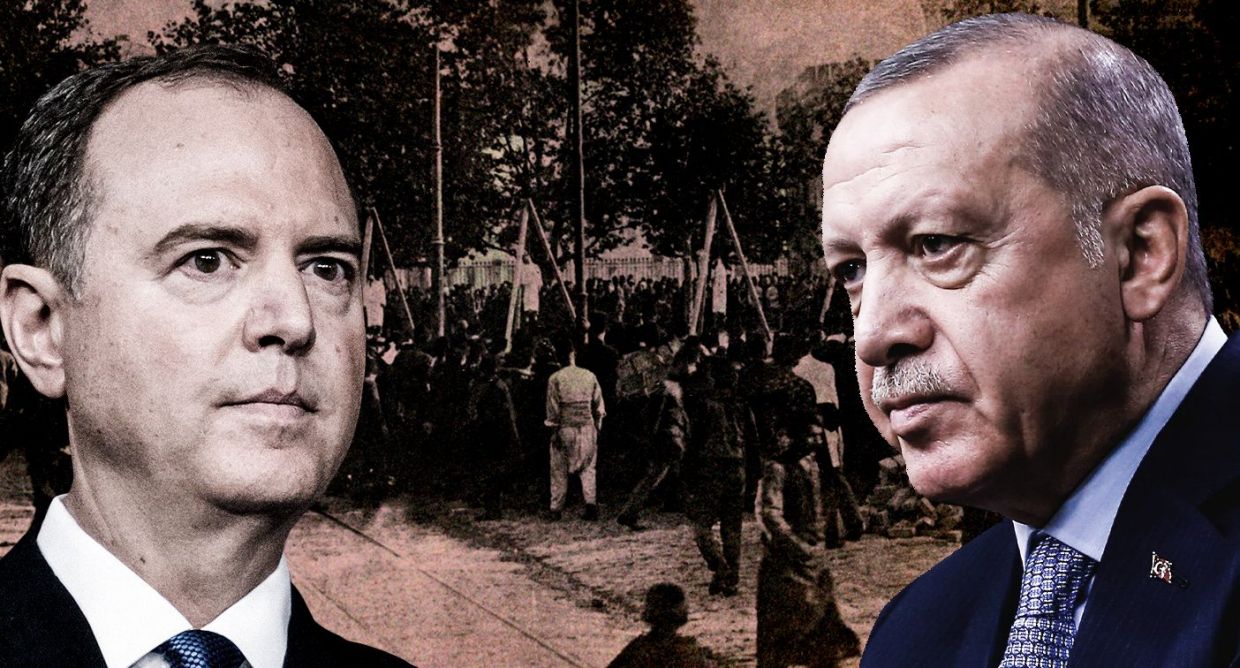 ARE ARMENIAN CLAIMS SUBJECT TO ABUSE?
ARE ARMENIAN CLAIMS SUBJECT TO ABUSE?
Tutku DİLAVER 01.11.2019 -
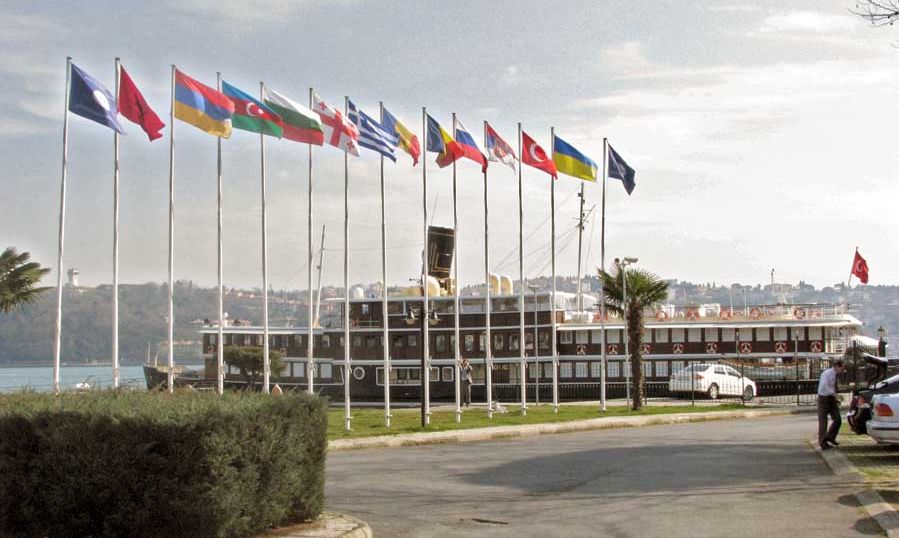 THE BLACK SEA ECONOMIC COOPERATION AND CAUCASUS
THE BLACK SEA ECONOMIC COOPERATION AND CAUCASUS
Tutku DİLAVER 19.07.2018 -
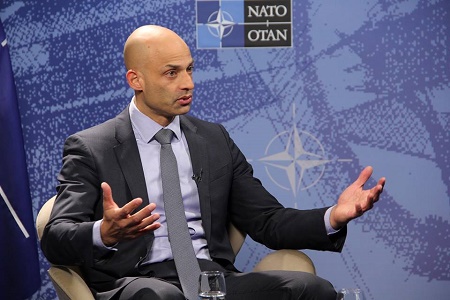 WHERE IS THE NOVELTY IN ARMENIA’S FOREIGN POLICY?
WHERE IS THE NOVELTY IN ARMENIA’S FOREIGN POLICY?
Tutku DİLAVER 11.04.2019 -
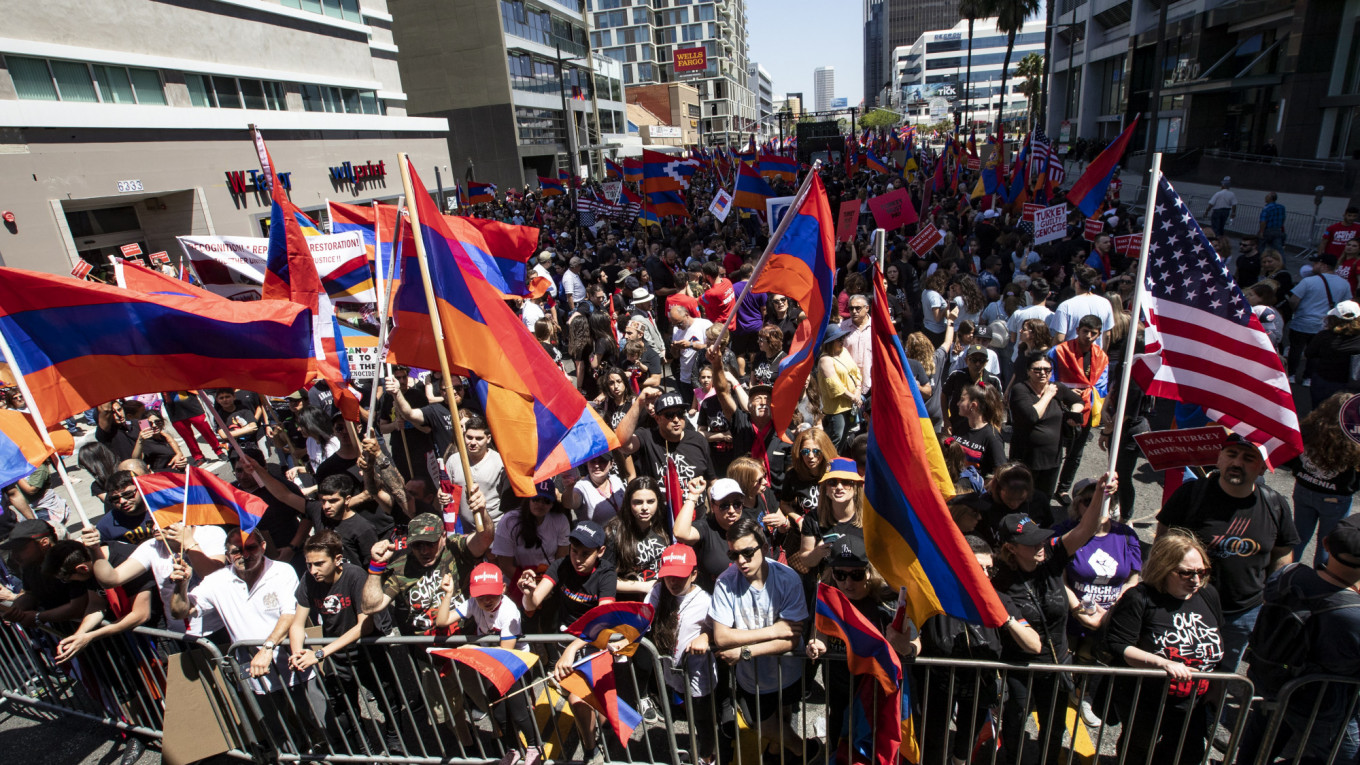 WHERE IS THE SOURCE OF THE POLICIES THAT PREVENT NORMALIZATION IN TURKISH-ARMENIAN RELATIONS?
WHERE IS THE SOURCE OF THE POLICIES THAT PREVENT NORMALIZATION IN TURKISH-ARMENIAN RELATIONS?
Tutku DİLAVER 27.04.2021 -
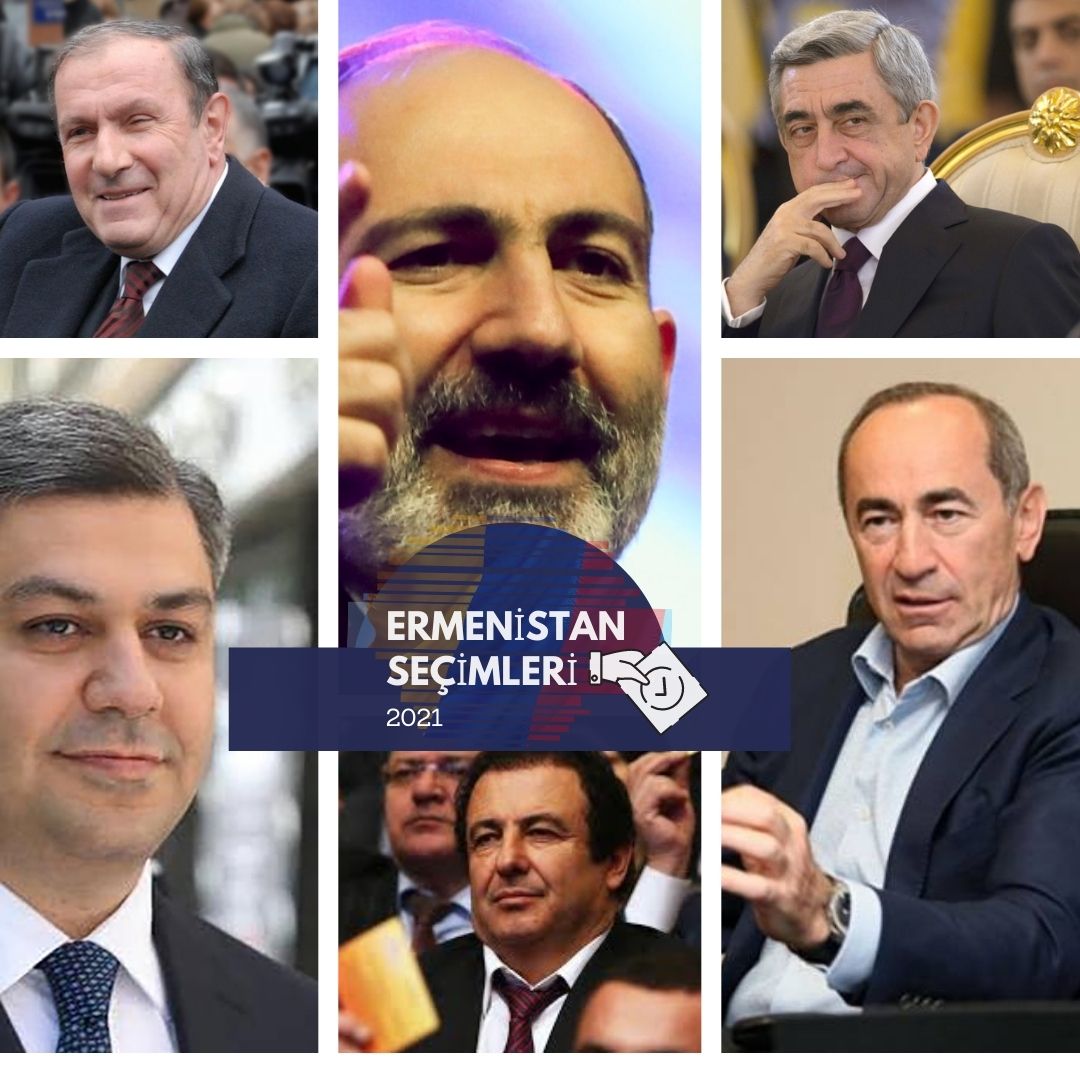 APPROACHING EARLY ELECTIONS IN ARMENIA
APPROACHING EARLY ELECTIONS IN ARMENIA
Tutku DİLAVER 18.06.2021
-
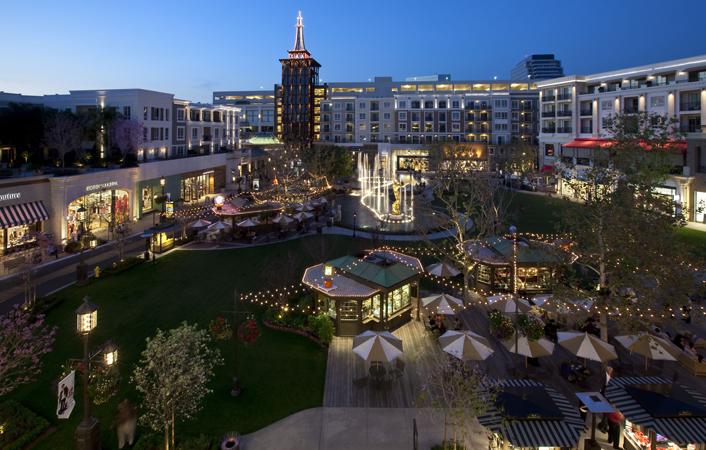 THE AMERICANA DEBACLE: THE ARCHITECTS OF DENIAL
THE AMERICANA DEBACLE: THE ARCHITECTS OF DENIAL
AVİM 22.08.2017 -
ARMENIAN PROPERTIS II
Ömer Engin LÜTEM 21.12.2010 -
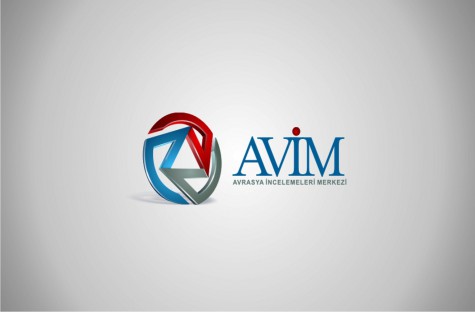 ARMENIA COUNTRY GENDER ASSESSMENT REPORT
ARMENIA COUNTRY GENDER ASSESSMENT REPORT
Şakire (FURTUN) TAHNAL 26.08.2015 -
FORTRESS EUROPE PROPELS TURKEY TOWARDS EURASIA
Alev KILIÇ 11.02.2013 -
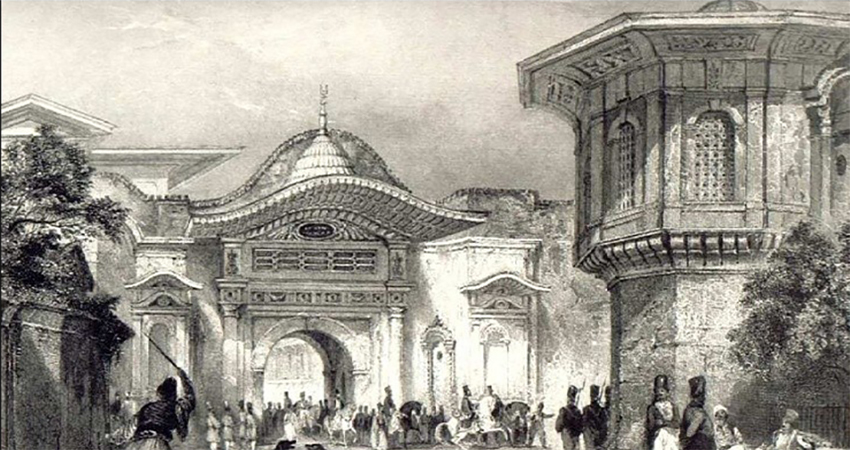 THE FIGHT AGAINST EXTREMISM AND THE OTTOMAN LEGACY
THE FIGHT AGAINST EXTREMISM AND THE OTTOMAN LEGACY
Mehmet Oğuzhan TULUN 11.05.2022
-
25.01.2016
THE ARMENIAN QUESTION - BASIC KNOWLEDGE AND DOCUMENTATION -
12.06.2024
THE TRUTH WILL OUT -
27.03.2023
RADİKAL ERMENİ UNSURLARCA GERÇEKLEŞTİRİLEN MEZALİMLER VE VANDALİZM -
17.03.2023
PATRIOTISM PERVERTED -
23.02.2023
MEN ARE LIKE THAT -
03.02.2023
BAKÜ-TİFLİS-CEYHAN BORU HATTININ YAŞANAN TARİHİ -
16.12.2022
INTERNATIONAL SCHOLARS ON THE EVENTS OF 1915 -
07.12.2022
FAKE PHOTOS AND THE ARMENIAN PROPAGANDA -
07.12.2022
ERMENİ PROPAGANDASI VE SAHTE RESİMLER -
01.01.2022
A Letter From Japan - Strategically Mum: The Silence of the Armenians -
01.01.2022
Japonya'dan Bir Mektup - Stratejik Suskunluk: Ermenilerin Sessizliği -
03.06.2020
Anastas Mikoyan: Confessions of an Armenian Bolshevik -
08.04.2020
Sovyet Sonrası Ukrayna’da Devlet, Toplum ve Siyaset - Değişen Dinamikler, Dönüşen Kimlikler -
12.06.2018
Ermeni Sorunuyla İlgili İngiliz Belgeleri (1912-1923) - British Documents on Armenian Question (1912-1923) -
02.12.2016
Turkish-Russian Academics: A Historical Study on the Caucasus -
01.07.2016
Gürcistan'daki Müslüman Topluluklar: Azınlık Hakları, Kimlik, Siyaset -
10.03.2016
Armenian Diaspora: Diaspora, State and the Imagination of the Republic of Armenia -
24.01.2016
ERMENİ SORUNU - TEMEL BİLGİ VE BELGELER (2. BASKI)
-
AVİM Conference Hall 24.01.2023
CONFERENCE TITLED “HUNGARY’S PERSPECTIVES ON THE TURKIC WORLD"









